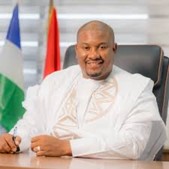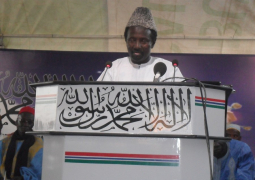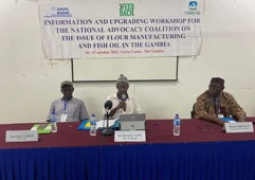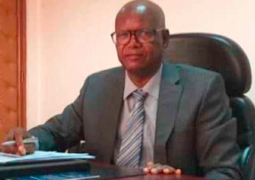
He emphasised that his departure was not driven by personal ambition or opportunism, but rather a desire to part ways due to old rivalries within the party that date back to the 2021 elections.
He also expressed disappointment with some UDP members resorting to insults despite their shared history and mutual respect.
Bensouda formed a new political movement called Unite Movement for Change, which aims to bring about a fresh alternative in Gambian politics. "The party's manifesto is expected to address key national challenges, including economic inequality, youth unemployment, and infrastructure development."
Talib Ahmed Bensouda's comparison of his departure from the UDP to a "divorce" suggests a deep-seated disagreement or incompatibility within the party. By emphasising that it's not a betrayal, he is framing his decision as a necessary step due to fundamental differences, rather than a personal attack on the party or its members.
Mayor Bensouda statement reflects a sense of mutual respect and appreciation for the time he spent in the UDP. By acknowledging the contributions both he and the party have made to each other, he's highlighting the positive aspects of his time in the party.
His comment about certain words not coming out of certain people suggested that he is disappointed in the tone and language used by some UDP members in response to his departure. This implies that he expects a higher level of discourse and respect from his former colleagues.
He said he is taking a pragmatic approach to politics, recognizing that tensions and disagreements are a natural part of the democratic process. By acknowledging the democratic nature of the state, he's emphasizing that differing opinions and criticisms are an inherent aspect of political life.





